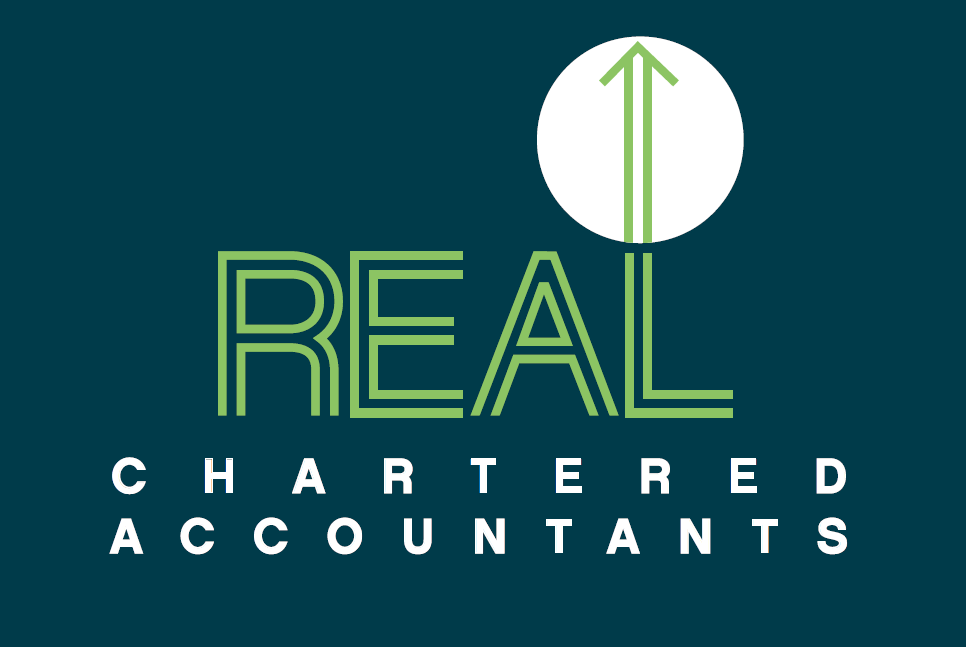NEWS
Rental Property Losses - The New Ring-Fencing Law

Prior to the new Ring-Fencing rules which came into effect earlier this year, residential rental property losses could be offset against other income you earned, thereby reducing your final income tax bill.
Unfortunately, this is now no-longer the case.
A bit of background
The new rules for the ring-fencing of rental losses applies from 1 April 2019 for the 2019/2020 and later income years. Inland Revenue issued an official paper entitled “Ring-fencing rental losses” in March 2018 outlining the proposal to ring-fence tax deductions on residential rental properties so that they could not be used to reduce tax on other income. Following the consultation process, the Taxation (Annual Rates for 2019–20, GST Offshore Supplier Registration, and Remedial Matters) Bill was introduced in Parliament on 5 December 2018 and it received the Royal Assent on 26 June 2019.
The Government has justified introducing the ring-fencing rules on the basis that it is aimed at levelling the playing field between property speculators/investors and home buyers. It has suggested that the benefit of the tax offset enabled a speculator/investor to outbid the homeowner simply because their mortgage would be subsidized as a result.
What this means
1. The commencement is the start of the 2019-20 income year.
2. The ring-fencing only applies to residential land. Note that if you are a NZ tax resident, the rules, as with the bright-line test, will apply to residential land owned anywhere in the world and not just within NZ.
3. The rules would mean that any loss from your residential rental investments can no longer be offset against your other income sources. Consequently, any loss would carry forward to future income years, for offset against future residential rental income or other taxable income arising from the sale of residential land – for example a profit from the sale of land that was acquired with the intention of resale.
4. The ring-fencing default position is that losses are ring-fenced on a portfolio basis, meaning that a loss from one residential property could be offset against the profit from another residential property that you own. However, you can elect to apply the rule on a property by property basis.
5. The rules would apply irrespective of the ownership structure you used to hold your residential investment properties – company, trust, partnership, look-through company, etc.
6. Similar to the bright-line test, there would be limited exceptions to the rules, the proposal that the following residential land would not be subject to ring-fencing:
- he main home (of which there can only ever be one at one time);
- Land subject to the mixed-use asset rules (e.g. holiday homes since there is already quarantining of losses);
- Land held on revenue account (since all income from the property is taxable i.e. no potential for capital gains); and,
- Farmland and land used predominantly as your business premises (since this land is excluded from the residential land definition).
Disclaimer
This information is intended to provide general advice only. We recommend you discuss your specific situation with your Accountant.









